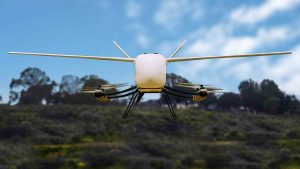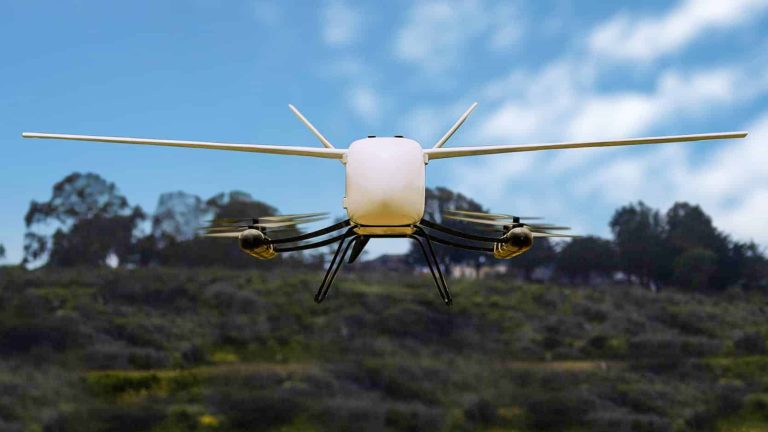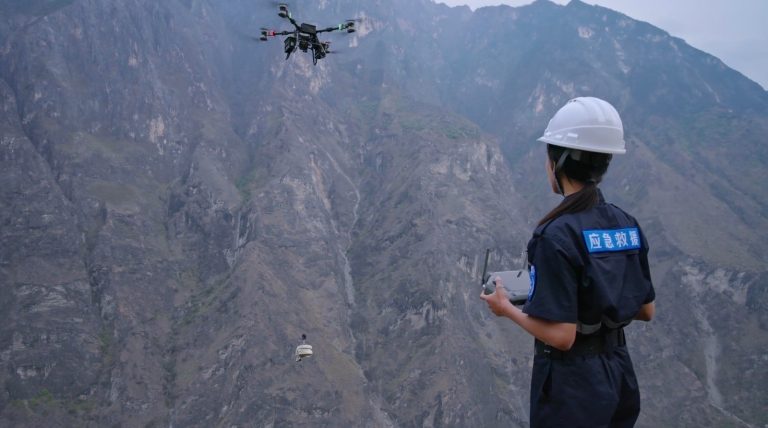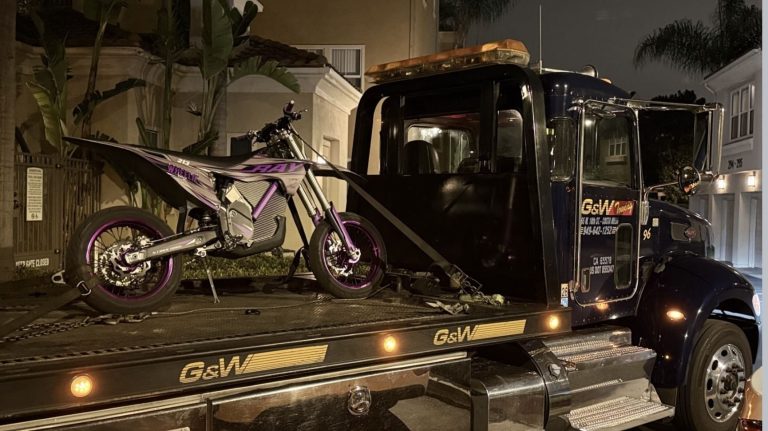This week, we have four stories to share, making this update slightly longer than usual due to significant developments in the Drone Industry.
Texas House Bill 41: Controversial Drone Ban
Texas House Bill 41 aims to ban certain drones, primarily those manufactured in China, citing risks from foreign technology. However, the bill faces significant opposition, especially from Texas’s public safety community. At a recent hearing, firefighters, Police, and search and rescue professionals unanimously testified against the bill, highlighting its potential to remove critical tools they rely on daily.
The bill’s primary supporters are private groups like AUVSI and State Armor, lobbying organizations rather than drone operators. Proponents argue cybersecurity concerns, referencing an older DHS memo, but critics note that multiple independent audits have found no data leaks from commonly used platforms. Many agencies use U.S.-based software like DroneSense, which meets stringent standards such as SOC2 Type 2, with FedRAMP approval pending. Notably, even the federal government uses DJI drones with waivers for high-security events, like presidential inaugurations, raising questions about the actual risks versus the operational impact.
Practically, U.S. drone manufacturers cannot yet produce drones at the scale or cost needed to replace existing fleets immediately. HB41 could force agencies to scrap effective equipment within five years, potentially wasting millions in taxpayer funds on more expensive, less reliable alternatives. Drones targeted by the ban have already proven vital in saving lives and solving major crimes in Texas. Critics argue the bill leans toward protectionism rather than security, potentially hampering public safety.
Update: The bill has passed the committee and now awaits approval from the House Calendar Committee for a full vote. Texans are encouraged to visit the Drone Advocacy Alliance website for resources and to contact the Calendar Committee directly.
Ohio Senate Bill: Proposed Drone Restrictions
A new bill introduced in the Ohio Senate seeks to ban unmanned aircraft manufactured or assembled by a “foreign adversary.” The purchase ban would take effect immediately, with a usage ban starting May 1, 2027. As this bill was introduced recently, Ohio residents should promptly contact their state representatives and senators to voice their positions. Resources are available on the Drone Advocacy Alliance website.
Florida Senate Bill 1422: Drone Surveillance Concerns
In Florida, Senate Bill 1422 is advancing through the state legislature, allowing homeowners to use “reasonable force” to stop drones they believe are conducting surveillance over their property below 500 feet. This builds on Florida’s Freedom from Unwarranted Surveillance Act, driven by privacy concerns, such as insurance companies using drones for home inspections.
However, the bill raises serious issues. It conflicts with federal laws, as the FAA classifies drones as aircraft, and interfering with or shooting down an aircraft is a federal crime under 49 USC 4102. The FAA warns that shooting at aircraft poses significant safety hazards, carrying penalties of hefty fines and up to 20 years in prison. State Senator Jason Pizzo emphasized, “You can’t just take your gun out and start firing at a drone—you’ll have to deal with the FAA and probably the FBI.” Additionally, most cities prohibit discharging firearms within city limits.
The term “reasonable force” is undefined, creating ambiguity that could lead to misinterpretation and risks to pilots and bystanders from falling drones or stray bullets. The 500-foot ceiling mentioned exceeds the 400-foot limit for most drone operators, potentially disrupting legitimate operations like real estate photography, agriculture, or delivery. A past incident in Florida, where a delivery drone was shot down, underscores tensions between privacy rights, airspace safety, and regulation. Drone pilots in Florida should exercise caution, respect private property, and avoid flying over homes unnecessarily.
Oregon House Bill 3426: Stricter Drone Penalties
Oregon has passed House Bill 3426 unanimously, significantly increasing penalties for drone interference with emergency operations. Intentionally interfering with firefighters, law enforcement, or search and rescue using a drone is now a Class C felony, punishable by up to five years in prison and $125,000 in fines. Even unintentional interference is a Class B misdemeanor, carrying up to six months in jail and a $2,500 fine. These steep penalties highlight the need for Education to avoid flying near emergency operations, such as wildfires, especially as summer approaches.
SkyBrowse and Paladin Partnership: Real-Time 3D Modeling
On a positive note, SkyBrowse has partnered with Paladin to integrate real-time 3D modeling into Drone as First Responder (DFR) programs, a first for the public safety sector. SkyBrowse’s patented Videogrammetry technology turns drone videos into accurate 3D models in minutes. Traditionally, retrieving an SD card and uploading data delays critical incident response. This partnership combines SkyBrowse’s software with Paladin’s autonomous drones, connected via LTE for a range of up to five miles or eight kilometers, enabling beyond-visual-line-of-sight flights.
Video data is processed in near real-time, producing high-fidelity 3D models of incident scenes—like car crashes, structure fires, or tactical situations—delivered to command staff and responding units before they arrive. These models, viewable on Paladin’s Watchtower software, include tools for measurements and annotations, providing first responders with enhanced situational awareness.
Community Events
Join us for a community happy hour, a live Q&A on Monday, and a post-flight session in the premium community. See you then!
Discover more from DroneXL.co
Subscribe to get the latest posts sent to your email.





















+ There are no comments
Add yours